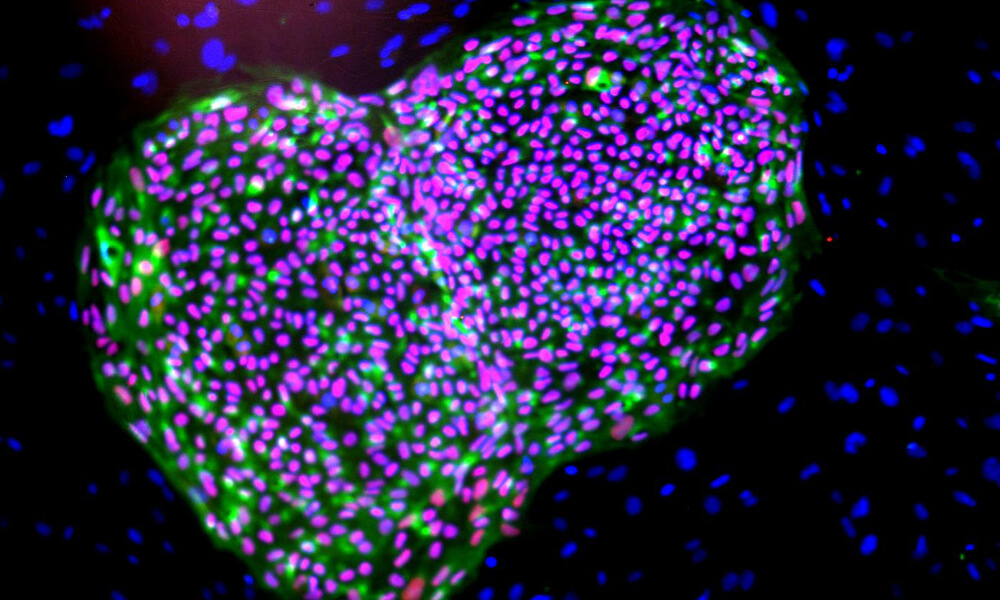- Welcome
- Testimonials
- Course Aims & Learning Outcomes
- MPhil Overview
- MPhil Programme Structure
- MPhil Coursework and Evaluation
- Sample Research Training Modules
- Sample Projects
- Practical advice
- Application
- Contact us
Overview
The programme is administered from the Department of Physiology, Development and Neuroscience, but both taught components and lab rotations involve a wide range of participating departments.
The MPhil is an 11-month full-time programme and involves both formal teaching and research: students are integrated into the research culture of at least one Department by joining a research group. In addition, they take research training modules to broaden their experience of research techniques. They may attend the Departments’ programme of research seminars and other postgraduate courses, but most research training is provided within the group structure and overseen by their research supervisors. Informal opportunities to develop research skills also exist through mentoring by fellow students and members of staff.
The MPhil begins with an induction period comprising generic courses organised by the Postgraduate School of Life Sciences (including safety, science ethics, keeping laboratory notebooks and intellectual property), and introductory lectures on the six themes of Cambridge Neuroscience followed by meetings with each of your prospective supervisors in their laboratories. These meetings will form the basis of selection of one mini-project. In addition, the students will choose a minimum of three shorter research training modules, spanning different aspects of neuroscience, introducing a range of problems, experimental techniques and laboratory environments. Students will also complete an extended essay and modules in statistical analysis, in addition to attending regular journal clubs and research skills sessions, including science communication, open science and postgraduate opportunities.
Throughout the course, you will meet regularly with the course leadership to discuss your progress and future goals.


